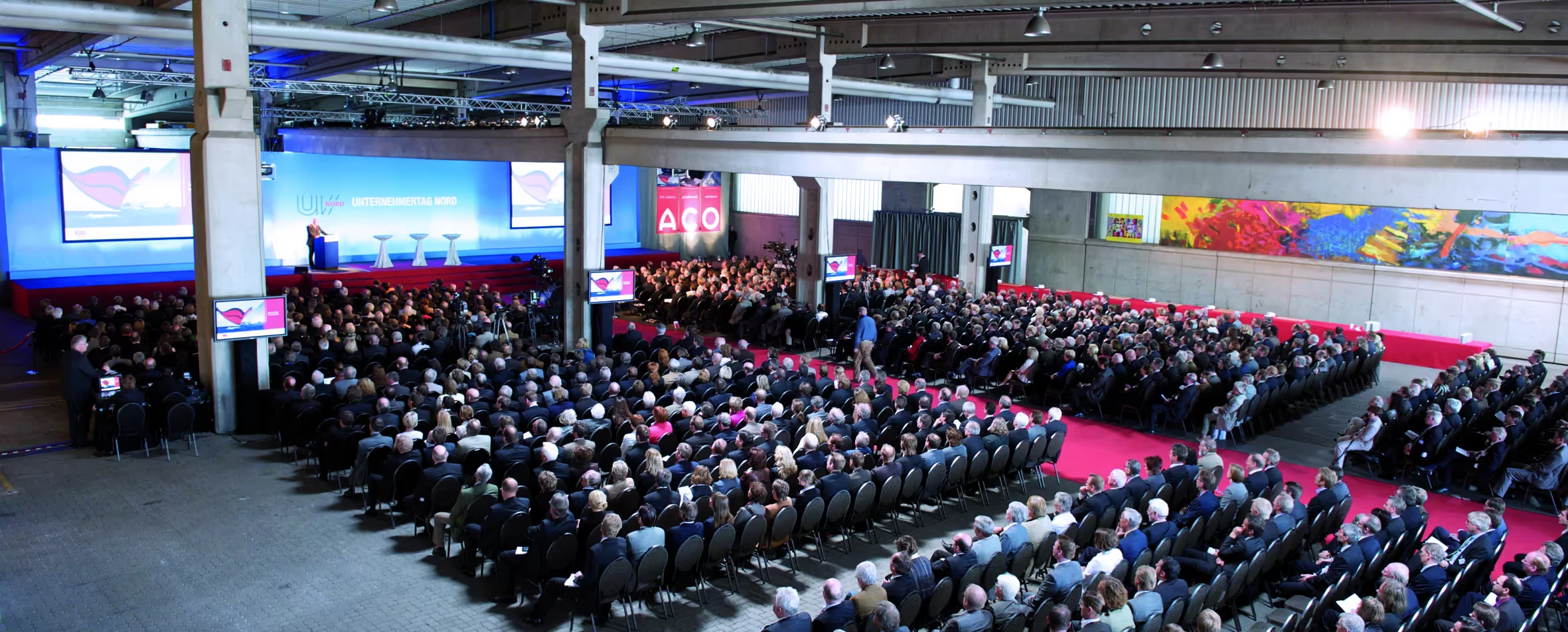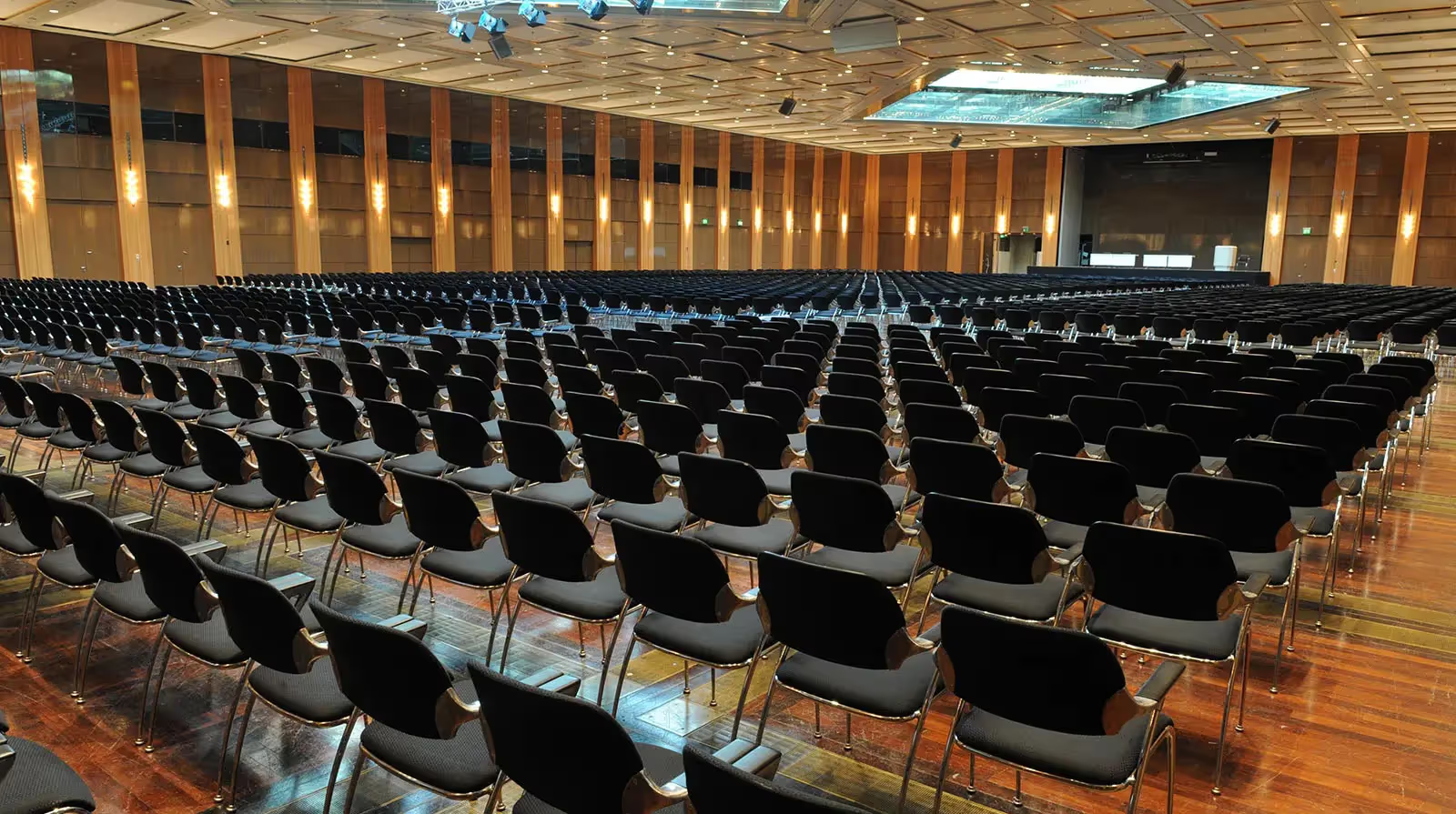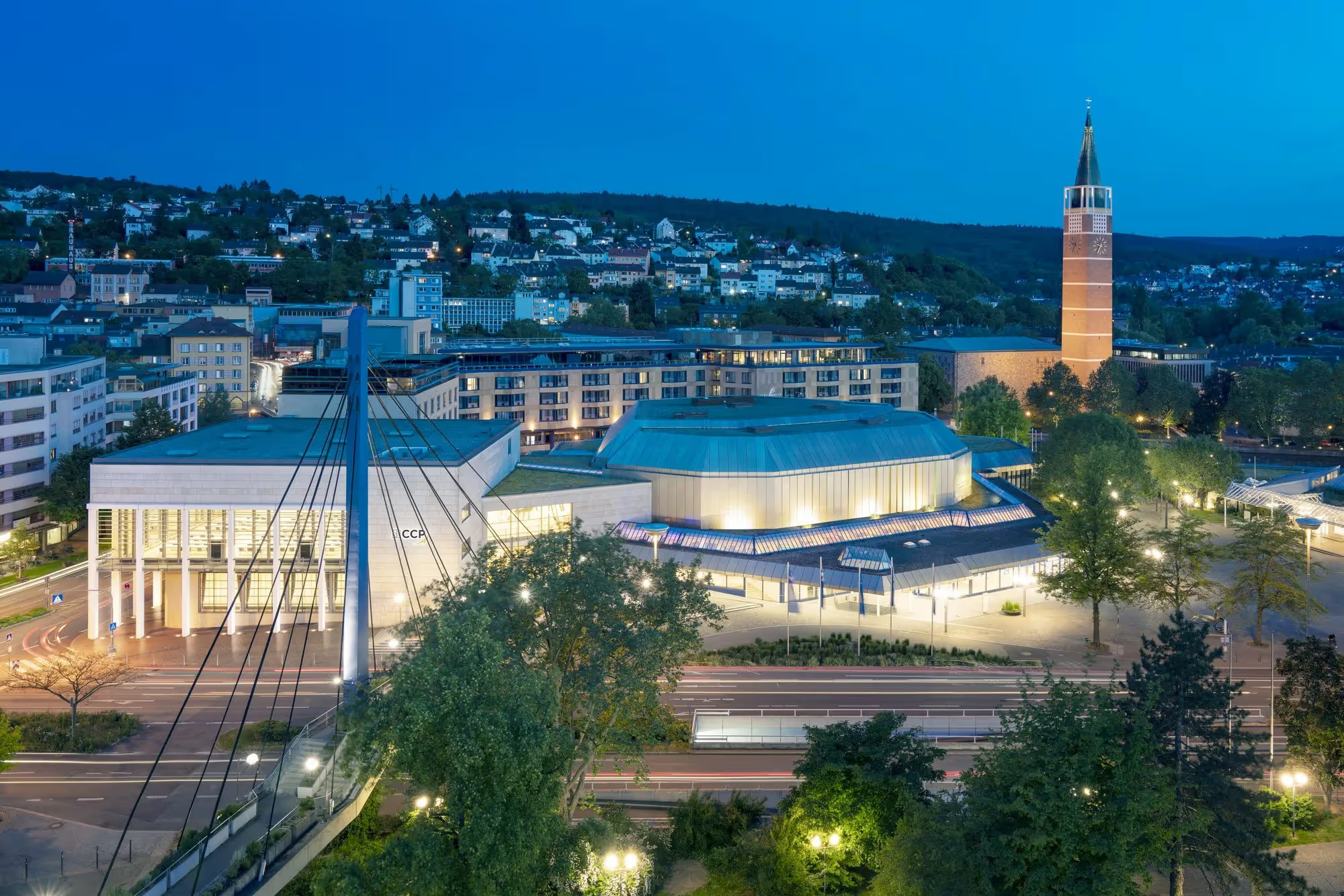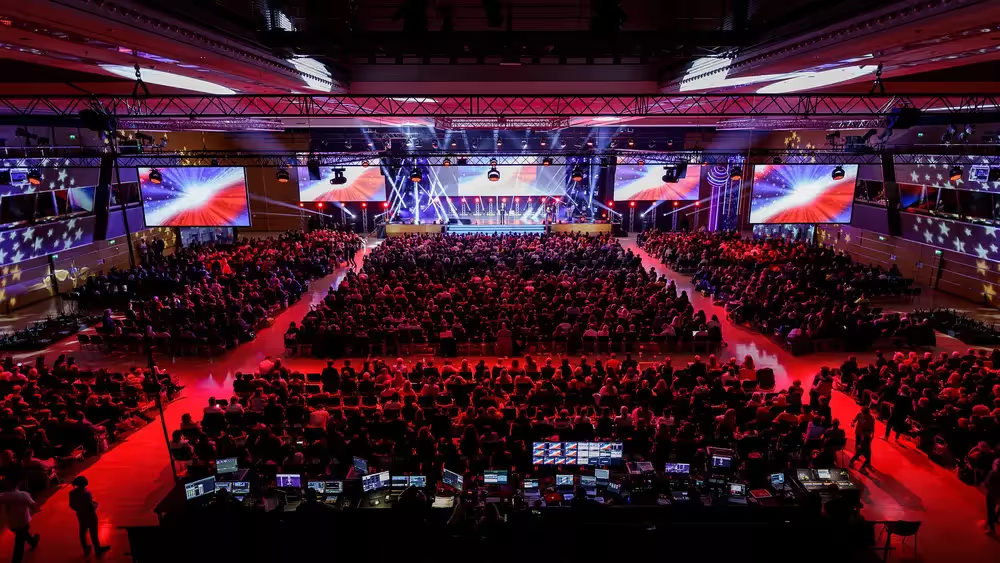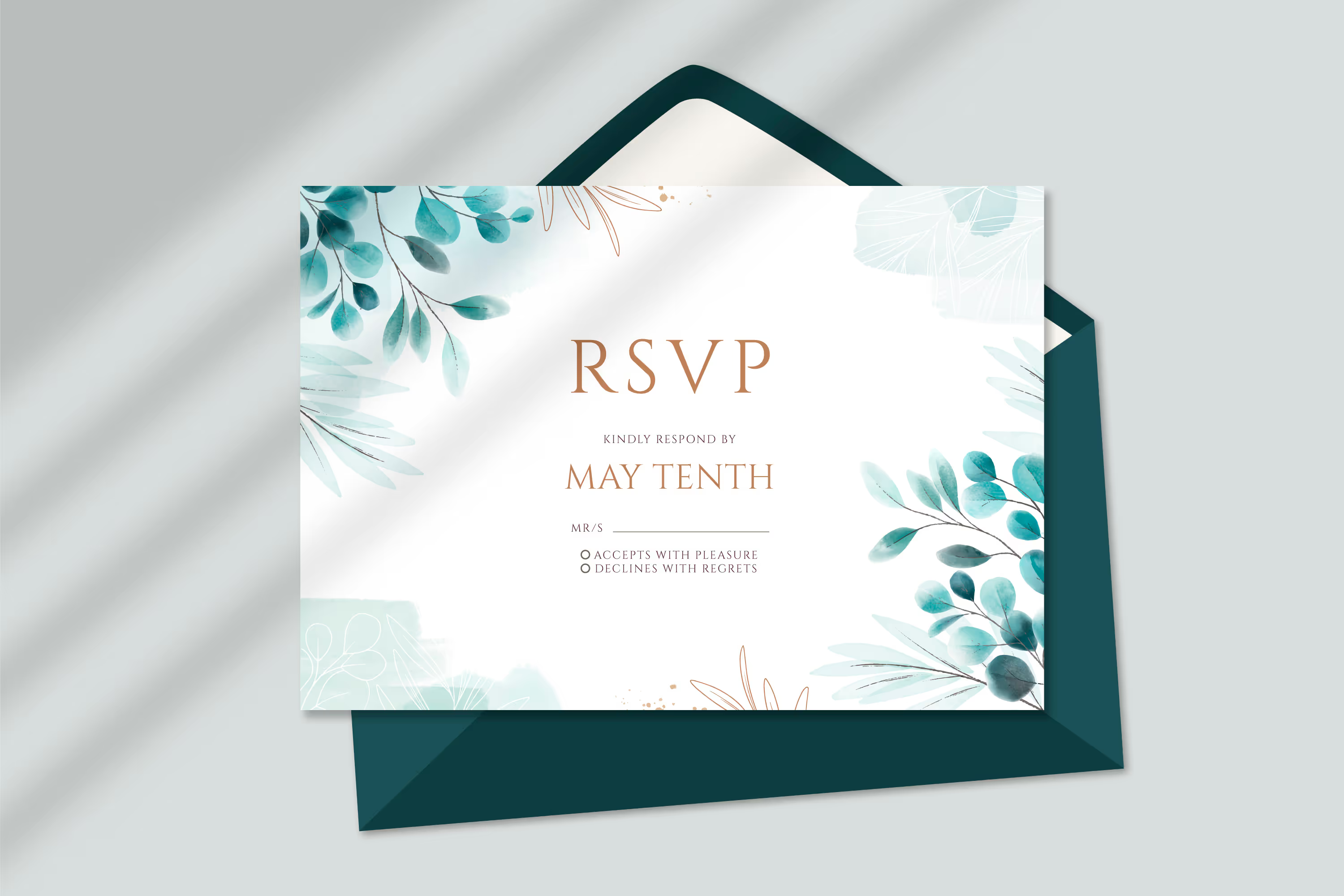How did your journey from the catering industry to becoming a partner in an event venue unfold?
At some point, I realised: it’s not enough for the food on the plate to look good – the surroundings need to make an impression too. Great food tastes even better in the right atmosphere. That’s when the idea was born to not just be a caterer, but to become a host on a larger scale. JED Events was founded in the middle of the pandemic, which felt a bit like opening a restaurant on a sinking ship. But hey – the ship is still afloat. Today, I’m a co-founder, host, and sometimes also venue manager, technician, psychologist, and dream fulfiller all in one.
What makes a truly exceptional event venue in your eyes?
It’s like a first date: either there’s a spark – or there isn’t. An exceptional venue has character, a story, and the courage to be different. And yes – it makes things as easy as possible for event planners. Spaces that are flexible. Teams that don’t hide behind policies but come forward with ideas. And a setting that stays in people’s memories. At JED, for instance, printing presses used to run here – today we print emotions. Sounds cheesy? Maybe, but it’s true.
What advantages does your venue JED offer for events?
Three words: character, flexibility, humanity. Our spaces range from impressive industrial halls to charming vaulted cellars. Everything is modular, everything can be combined – and all of it comes with a team that sees “that’s not possible” as a sporting challenge rather than a final answer. Plus: we’re not a soulless corporate subsidiary, but an owner-run venue with heart. Our clients notice that – and that’s what makes the difference between “okay” and “wow”.
According to a survey by Oniva, finding the right venue is one of the biggest challenges in event planning. What’s your advice for making the search easier?
Stop asking Google – and start having real conversations. A good venue team listens, asks the right questions, and thinks along with you. Tools like Eventlokale are a blessing because they simplify the search process digitally. But: no technology replaces gut feeling. In the end, it’s all about human connection. If, during a site visit, an event planner thinks: “These are the people I want to do this with” – that’s usually the right decision.
What should event organisers pay attention to when choosing a venue?
- Adaptability: Is the space versatile? Or does it only suit one format?
- Accessibility: How easy is it to reach – for guests, materials, and tech?
- Transparency: Are there hidden costs or is everything clear from the first quote?
- Team & support: Is there someone who really understands what you need?
- Charm: You can’t rent that – it has to be there naturally.
And one bonus tip: check the toilets. If they’re well looked after, chances are everything else is too (Not joking).
What trends are you currently seeing in demand for venues?
Events are becoming more emotional again. Less PowerPoint karaoke, more real experiences. People are looking for something special – whether that’s a venue with a story, multisensory experiences, or new formats like silent conferences, walking dinners, or interactive set-ups. Sustainability is more than a buzzword now. And: hybrid events are here to stay – but ideally with a human touch.
What challenges do you see in the venue hire market?
First: pricing pressure. Many organisers have tight budgets but high expectations. Second: comparability. These days, an event hall is often directly compared with a seminar room in a hotel – which is like comparing a classic car with an electric scooter. Both will get you from A to B – but in completely different ways.
How important is sustainability when it comes to choosing and running a venue?
It’s essential. We work with regional partners, have revamped our energy supply, avoid single-use materials and opt for reusable or recyclable alternatives wherever possible. But for me, sustainability also means nurturing long-term relationships with clients and partners. Fewer forgettable events, more meaningful shared experiences. And yes – even the Cervelat can be organic.
How does your daily work involve event tech like Oniva?
Oniva is like a great sidekick – when used smartly, it really shines. While we still rely heavily on direct consultation, tools like Oniva help streamline processes – from booking management to participant communication. If technology supports people (and doesn’t stress them out), I’m all in.
What has been your personal event highlight so far in your career?
Without a doubt: our pop-up restaurant “Only Temporary” at JED. Back then, the old NZZ printing plant was still empty, and we had the crazy idea to turn it into a temporary restaurant for two months. With chandeliers, moody lighting, and a colourful five-course menu inspired by the traditional printing colours – from cyan to magenta. It was more than just a culinary experience; it was a statement: something new is happening here. “Only Temporary” was the launchpad for JED Events and showed the immense potential of this place.



.avif)
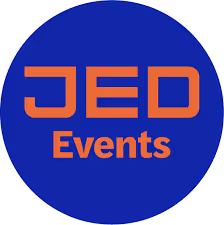















.svg)














































